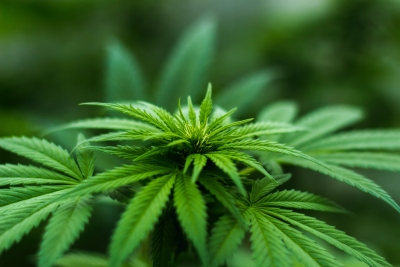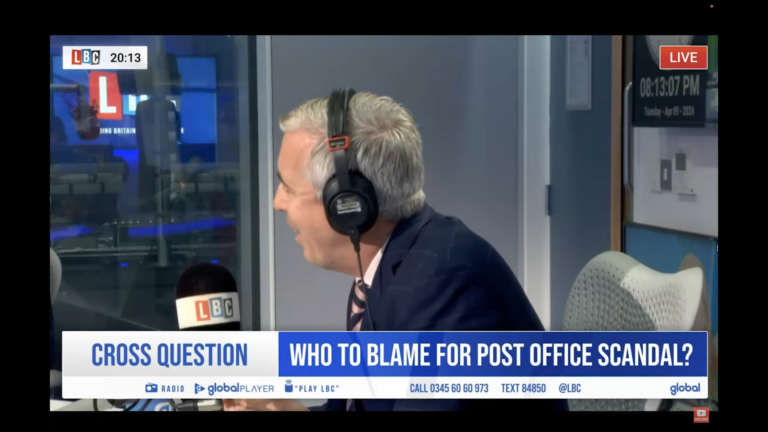Cannabis is currently listed as a Class B drug in the UK. This puts it on par with ketamine and amphetamines, and means that users could face up to five years in jail, while suppliers could face up to 14 years. The general consensus, however, is that the police have more important things to focus on (i.e. terrorism, human trafficking, cybercrime).
So if we have a relatively lax policy, and a large portion of the population favours legalisation, why is it still illegal for both recreational and medicinal use? Aside from MPs being out of touch, it all comes down to a perception problem.
Cannabis as a threat
A primary reason why people see this substance as a threat is that 47 years ago (nearly to the day) a war was declared on it. The media demonised the substance, turning a generation against its use, and importantly against the people who use it. Part of the threat of cannabis is its inherent ambiguity. Unless you seek out information to inform yourself, there hasn’t been a lot divulged about it.
To further confuse matters, the substance is referred to with multiple terms: cannabis in Europe, marijuana in North America, and skunk – a substance that is nearly as different from cannabis as co-codamol is from heroin.
The public is finally seeing its medicinal value, but in a country that places such cultural importance on recreational substance use (i.e. pub culture), why are we so scared by the recreational use of this substance? The real threat isn’t the potential dip in alcohol sales, but the dangers of unregulated purchasing; the unknowability of the source and its actual contents.
This is something that the Government should be protecting the public from, and the current strategy isn’t working.
Cannabis as a double standard
While this debate rages at the forefront of the political theatre, many pundits are noting that there is ‘little evidence’ to support the uses of medicinal cannabis. What is not being said is that the reason there is so little evidence is because the current laws make it nearly impossible to conduct any kind of research on the substance.
There are some seriously hypocritical statements coming out of the Home Office right now. While they are actively and publicly issuing licenses for cannabis for proven medical use, they say: “in its raw form it currently has no recognised medicinal or legitimate use in the UK”.
Not to mention that Britain is the world’s largest exporter of legal cannabis for scientific and medicinal use. If you are able to read between the lines, this means that the Government is allowing some people to profit from the substance, while punishing others for the same thing.
It’s time to set the story straight: admit that it’s useful, and then use it to solve some problems.
Cannabis as a solution
In addition to what is now the ample evidence that cannabis has alleviating effects on the symptoms of a wide range of medical conditions, there is potential for a legalised product to be flanked with taxes to chip away at our country’s numerous financial difficulties.
Social media has been abuzz with people suggesting profits from cannabis be used to fund the NHS (like what has been successfully done in Washington state), or the struggling education system (mirroring Colorado’s prosperous model).
The Adam Smith Institute has recently reported that up to £1 billion in taxes could be generated by taxing cannabis in the same way that tobacco and alcohol are. On top of that, the amount of money that would be saved by reducing resources spent on identifying, pursuing, processing and housing people convicted of a cannabis-related crime could surpass £50 million per year.
You would be hard pressed to find another example of an item that has the potential to heal both individuals and the economy.
Cannabis as a safer alternative
A recent BBC article cited qualitative research that illustrated young people’s perception of the substance; essentially that it appears to be safer than alcohol. It’s not hard to imagine why. If you can recall your own drug education, you will probably struggle to recall actual facts aside from being told that it’s “bad”. Combined with the ease of access, the relatively minimal effects (notably a hangover), and the sheer number of people across all demographics that partake, it’s easy to see why young people question the party line here.
I would argue that this is not necessarily a bad thing. There is evidence that in places where the substance has been legalised, use by teenagers has decreased. Part of this is down to it being easier for providers and law enforcement to manage, while another possible cause is that when widely accepted, a substance has the potential to become a bit…boring. Something that the older generation uses. This is called the poison apple effect.
So, if the argument isn’t that it can’t be used for medical purposes, and it isn’t that criminalisation is bettering society in general, and it isn’t even that it leaves children vulnerable, what is it?
It’s just an outdated perception, and a general fear of making a U-turn. While I can’t agree with Mr Hague that the war is over, I do agree that it should be. All cannabis needs is a full-service communications agency with experience in political lobbying and positive PR (wink wink).




